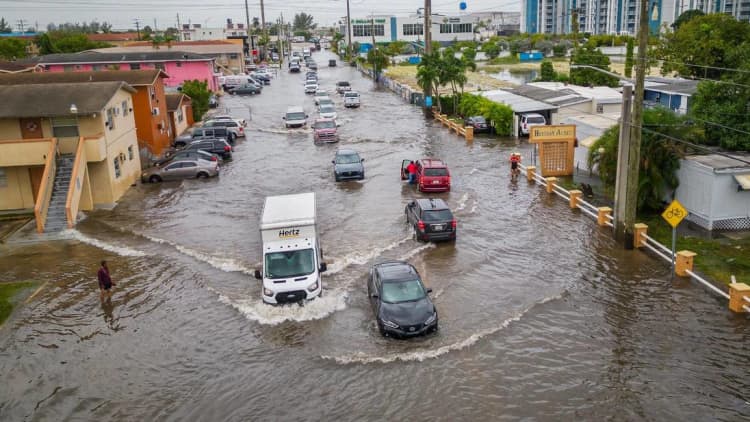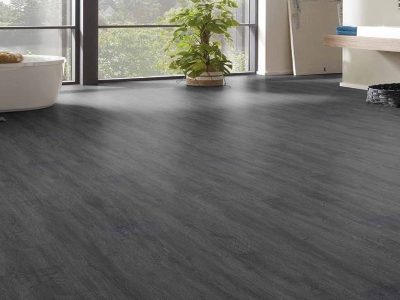Not All Water Damage Is Treated the Same
When your basement floods, one of the first things many homeowners ask is, “Will my insurance cover this?” Unfortunately, the answer isn’t always simple. Different types of flooding are handled in different ways depending on the source of the water and the type of insurance you have. Some water damage is covered by a standard homeowners insurance policy, but others,especially flooding from natural events,may not be unless you have additional flood insurance.
For example, if your basement floods because a pipe bursts or your washing machine overflows, it’s likely to be covered under your basic policy. But if the water comes in from heavy rain, rising groundwater, or an overflowing river, you’ll usually need a separate flood insurance policy.
What’s Usually Covered
Most homeowners insurance policies cover what’s known as “sudden and accidental” damage. This includes things like a sump pump failure, a broken pipe, or a water heater leak. If your basement floods due to one of these problems, your policy may pay for repairs to walls, floors, furniture, and appliances, minus your deductible. Some policies also cover the cost of cleanup and mold removal, but it’s important to double-check with your insurance provider.
Keep in mind that many policies don’t cover damage caused by neglect or lack of maintenance. If your insurance company believes you could have prevented the flood by fixing an old sump pump or sealing cracks in your foundation, they might deny the claim.
What’s Usually Not Covered
Flooding caused by outside water entering your home is almost never covered by a standard policy. This includes water from rainstorms, melting snow, hurricanes, or overflowing drains and sewers. To protect against this kind of damage, you’ll need a separate flood insurance policy. These policies are often purchased through the National Flood Insurance Program (NFIP) or a private insurer.
Flood insurance typically covers damage to the structure of your home and some personal belongings, but it may have limits on coverage for basements and anything stored below ground level. Make sure you know what’s included in your policy so you’re not caught off guard during an emergency.
Expert Tip: Know Before the Water Comes In
“Every year, we help people clean up after floods that weren’t covered by their insurance,” says David Singleton, owner of Seattle Restoration Pros. “The best thing you can do is talk to your insurance agent before the water ever gets in. Find out what’s covered, what’s not, and whether you need a flood policy. It’s a small step that can make a huge difference.”
Understanding your insurance before disaster strikes helps you make better choices and get the help you need faster. Keep a copy of your policy in a safe place, along with emergency contacts and photos of valuable items. If you ever need to file a claim, these things will help you prove your loss and speed up the recovery process.








Comments